Homeschooling is a bit like parenting on steroids. Moms and dads who homeschool get to wear both the parent hat and the teacher hat at the same time (and the principle hat, the guidance counselor hat, the coach hat…you get the idea).
Homeschooling naturally means parents and children are spending more time together, and for some families this is only a catalyst for conflict. One mom told me the other day, “I butt heads with my son enough as it is. I don’t need more time to butt heads with him by being his teacher too.”
As a dad who has struggled quite a big with anger, I very much sympathize with this objection to homeschooling. Since I also work from home (and help in the homeschooling now), I understand all too well the potential conflicts homeschooling homes can have.
What can we say to parents who feel like their kids will never respect them as a teacher?
The Heart of the Matter: This is a parenting concern, not a homeschooling concern.
As Proverbs 22:15 says, folly is bound up in the heart of a child. In Mark 7:21, Jesus tells us that evil behavior comes from the heart. While circumstances can exacerbate and tempt us to sin, the primary thing that needs to change is our child’s heart, not just their behavior.
It is inevitable that there will be power struggles in the home—a clash of wills—to some degree. A homeschooling lifestyle can become a microwave for these these clashes to heat up quickly and repeatedly.
If your son or daughter shows you disrespect as a teacher—if there’s a repeated and predictable clash of wills between you and your child—then more attention needs to be paid to how we parent, not just how we homeschool.
Tip #1: Really examine how you might be discouraging your children.
While sin is born in our child’s heart, it can easily be stirred up by the ways we, as parents, sin against them.
The apostle Paul tells us, “Do not embitter your children, or they will become discouraged” (Colossians 3:21), and again in another letter, “Do not exasperate your children” (Ephesians 6:4a). Parents can embitter and exasperate their children in many ways:
- Expecting perfection by overestimating what they can do
- Failing to really listen to them as we correct them
- Being overly emotional and impulsive ourselves
- Overreacting when we take their disrespect too personally
- Speaking bitter or harsh words (“What is wrong with you?” “When will you ever…?” “You always…” “You never…” “You idiot”)
- Showing little compassion to them in their weaknesses
- Giving the cold shoulder or being dismissive
- Pushing kids to excel in peripheral tasks
- Showing favoritism to other siblings
- Not spending time just loving and being with them
This kind of environment often trains children to be obsessive over “doing the right things” in order to be approved—or else become totally rebellious.
Tip #2: Examine how their physical health is contributing to the problem.
There are no rules about when homeschooling needs to start in the morning, so don’t get your kids up unnecessarily early. Make sure they get plenty of sleep. Get them to bed sooner if need be.
Also, make sure you are avoiding mid-morning sugar crashes by giving your kids nutritious “brain food” for breakfast—not sugar-laden pastries and cereals but foods filled with healthy fats and protein.
Tip #3: Discipline your kids only when it really matters—and be consistent.
As parents, our discipline is often upside-down. We laugh off disrespect because we want to avoid conflict but we chew our kids out for childish indiscretion. Make it a point to change that.
John Witherspoon, the only clergyman who participated in the signing of the Declaration of Independence, once said to parents, “Let it always be seen that you are more displeased at sin than at folly.” Take that quote to heart and live by it.
Set up firm boundaries with known consequences for specific sins—not just childish foolishness. Write them down if you need to. Be consistent.
Tip #4: Help your children to own their homeschool experience
One of the best ways to help your children enjoy you as a teacher is to give them more ownership of their homeschool experience. When the school year or semester is getting ready to start, sit down with your kids to discuss options for what they will study. You get to limit the options, of course, but they get to feel the joy of choosing what interests them most. Find the subjects that excite your child and intersperse them between the subjects they dislike.
Tip #5: Experiment with different learning styles
There are different styles of learning for children. Here are three general categories:
- Lookers (visual/spatial learners) learn best by seeing
- Listeners (auditory learners) learn best by hearing
- Movers (kinesthetic/tactile learners) learn best by touching, moving, and doing
Your learning style might be very different from your child’s, so take time to learn how both you and your child like to learn. Often just knowing this can help you shape your homeschool day.
Tip #6: Take special time to focus on character training.
Homeschooling isn’t for everyone. But even if it is something you really want to do, there’s something to be said for stepping back from it for season so you can tend to more important matters.
Homeschooling is very flexible, so use that flexibility to help you get to the heart of the conflict. Make character formation and studying godly character part of your homeschool day.
Leave a comment
Let us know…
- How have you handled a strong-willed child during homeschooling?
- What other objections to homeschooling have you heard?

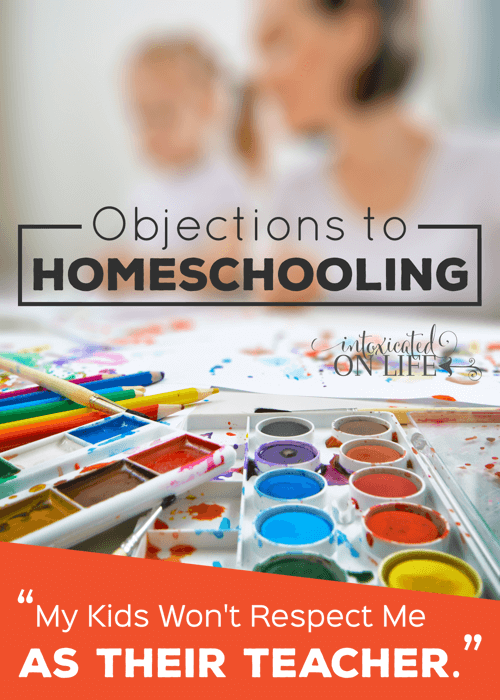

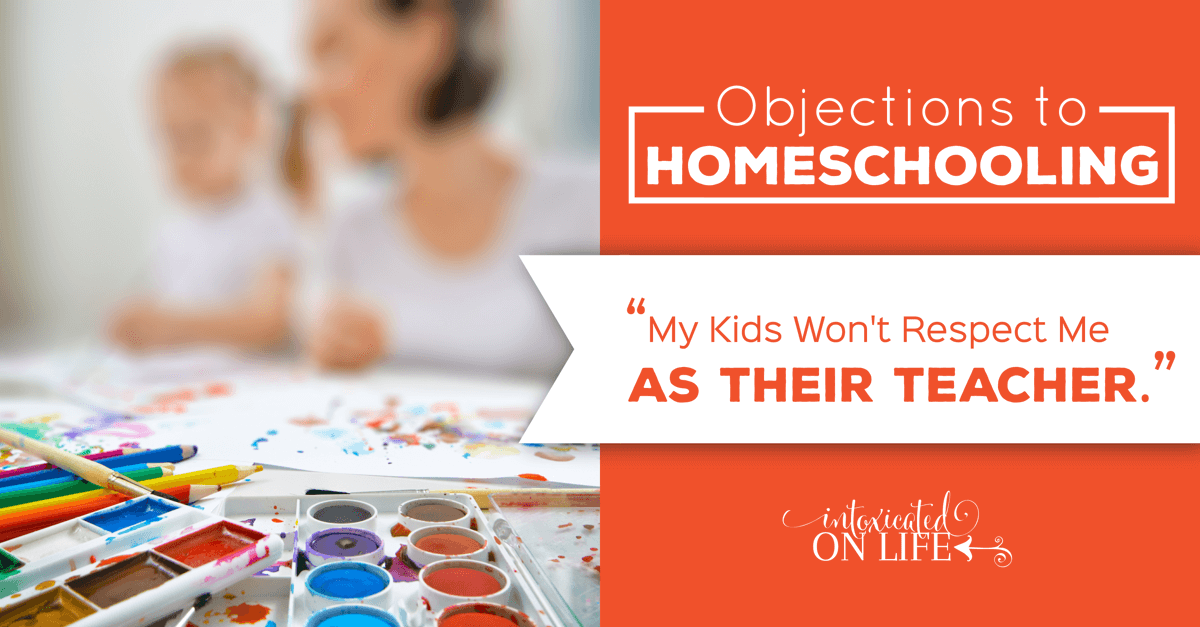




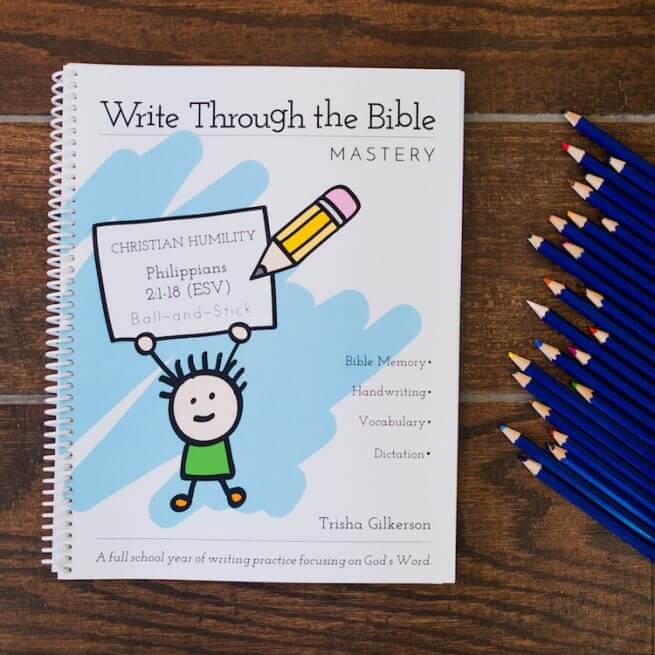
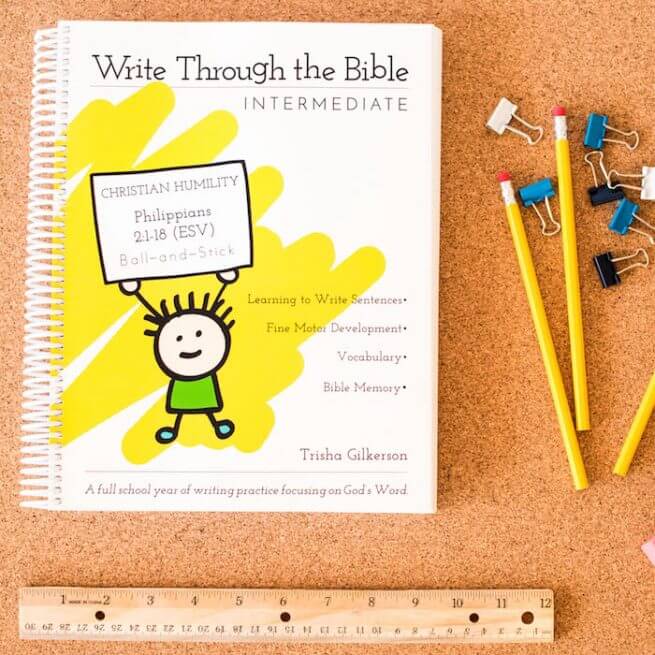
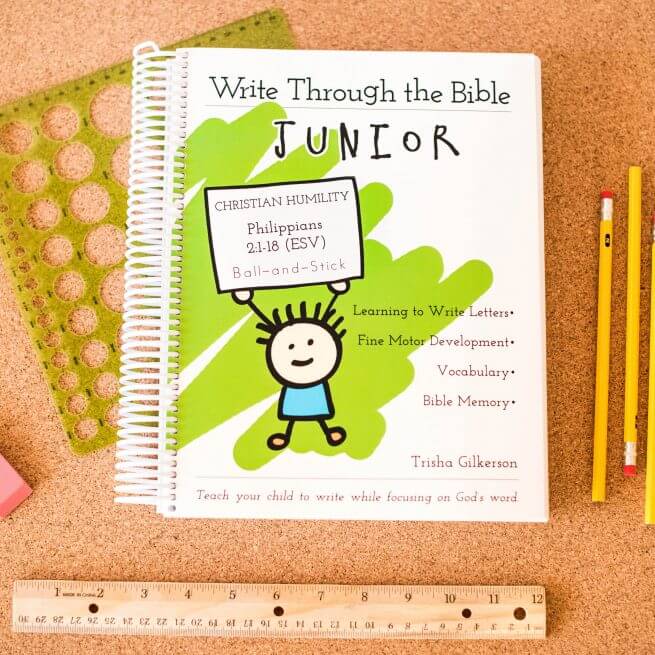


I just completed my first year homeschooling my son and you are spot on! One big change we are making for next year falls in line with #5…We are changing our learning style to fit my sons visual learning style by adding more computer/video components to our curriculum.
We use video all the time with our two oldest kids. There are some excellent ones out there. Which have you used? We use a lot of stuff from Veritas Press and Compass Classroom.
I call homeschooling full contact parenting. I homeschooled my now grown daughters the entire way. I look back without one single regret. I feel that it was the best decision of my life.
So glad to hear that, Cindy!
Thanks for sharing at Let’s Get Real Fridays link party. I will be sharing this with a friend in her second year of homeschooling. Great tips. I have only one year left, my youngest is a senior this coming fall.
My oldest is 8 and I know we are supposed to homeschool but I am terrified. I am a former teacher and I think that makes things harder. My 8 year old has a very strong sense of what is fair and does not like being told what to do. I really liked the line about taking sin seriously, but not folly. I tend to forget that. Hopefully I can just love the heck out of these kids and focus on character and good habits while we get into a routine that suits us! Thanks for your website and God Bless!
I know what you mean. I tend to forget that as well. Daily.
I read recently that homeschooling helps us refine our own character while we help our children refine theirs. That is, simply avoiding parent-child conflict by sending the kid away for most of the day won’t solve the real issues between parents and kids. I love the fact that homeschooling helps our family become closer.
This was super encouraging- thanks so much! Sometimes I find it hard not to be too critical and wanting perfection. I can definitely tell when my attitude either fosters or exacerbates an unwanted attitude in my daughter. I would also agree wholeheartedly that this is a learning journey for myself as well as my daughter-we both have days we do well and days we fail. Thankfully the good Lord grants us grace to continue to learn and improve. All in all, I don’t regret homeschooling and recommend it wholeheartedly! The entire lifestyle is a blessing!
In many cases, children learn to disrespect their parents or their teachers from the “socialization” they receive from outside the home. In public school children are raised up by other children, their peers, and it is just not “cool” to like your teacher or listen to your parents. Most kids test the boundaries and know there are different boundaries at school than at home, and maybe I can push the home boundaries. When you remove those negative influences, I believe most of the “respect” problems will resolve themselves; those that don’t will be much easier to deal with. If your child has problems with your authority, they will have problems with any authority.
Something else to think about: Children will do what they are expected to do. If you excuse their bad behavior as “a stage” or “that is what teenager’s do”, you have just given them the excuse they need to continue the behavior. You have said that they are expected to act in this way so they will do it.
Good advice. Thank you.
My children are currently in public school, but I would love to homeschool. My daughters are in 4th and 6th grades currently and my biggest hold back is the education level I am qualified to give. I want them to have the best possible education! Better than mine! I have done plenty of research on elementary education, and I feel qualified there, but highschool is coming quickly!
The good news is there are so many ways to give your child a quality education when you homeschool. There are online classes taught by professional educators. There are fantastic curricula that give you great materials for your kids to learn. And then there’s you: the parent. Nothing quite replaces the devoted attention of a loving parent educating a child.
This pierced my heart. I read the list of how we embitter our children and I do just about every one of those. I’m typing this in tears right now. My two I need to work on are being consistent in discipline and show more displeasure over sin than folly.